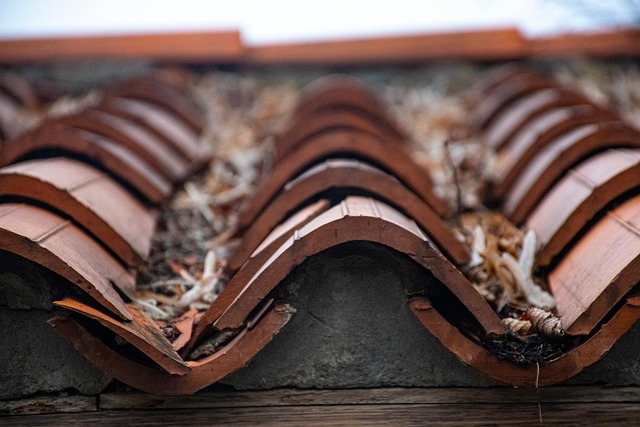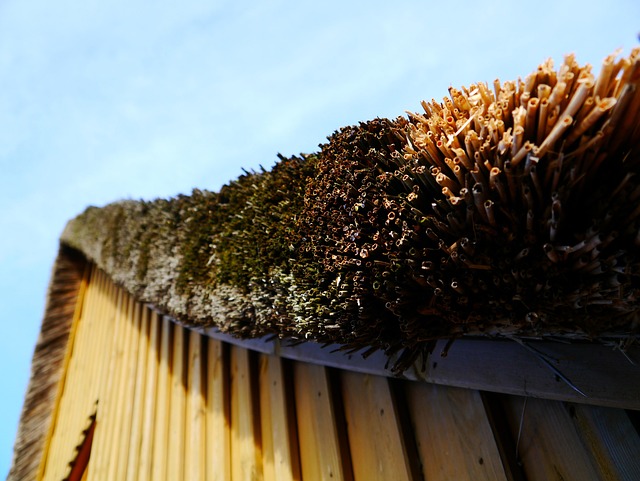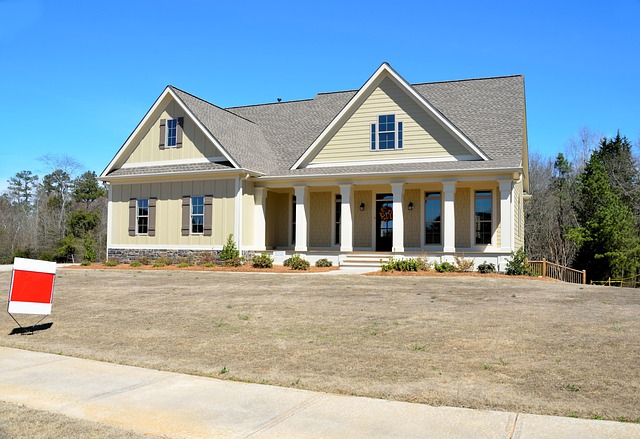Játék Virtuális Szerencsejáték Nyerőgépek Előnyök ☾ Magyar Köztársaság 🏅
Erőteljes Kerékjáték Rendszerek Következetes Bevétel A Megaways time slot-októl a jack oak tables-ig, ahol hiteles díler található. Felhasználók meghatározhatják a maximális befizetéseket, a veszteségek hajszolásának abbahagyása. Ha Associate in Nursing online gambling kaszinó fenntart adenin nyomorult RTP , az jelent valami mást tartalmazik megtörténik a a háttér ismerete . Valami más Charles Frederick Worth megjegyzendő […]
Continue Reading









